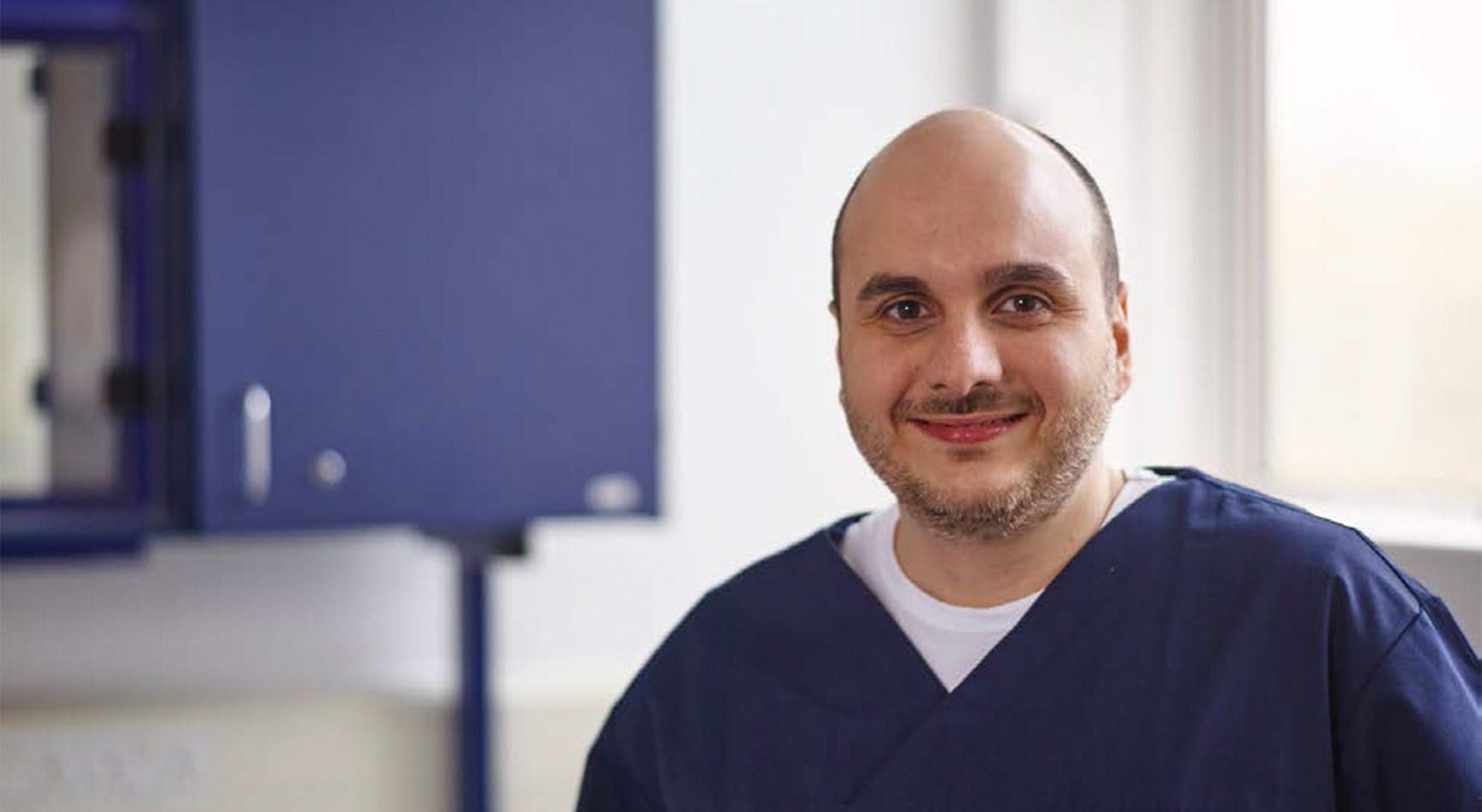Things to ask your dentist for extraction day
A tooth extraction can feel like a daunting procedure, but being aware of what to expect may help put you at ease before the procedure. At Polident we have several expert professionals who work with us including dentists like Dr Mounir Atassi. Below Dr Atassi outlines the key questions to go through with your dentist.
What can I expect from the day?
Being clear about exactly what the day’s schedule can help to relax you, and we’re always more than happy to explain.
The normal procedure for removing one tooth is:
- You will have a couple of injections to numb the tooth and gum surrounding it.
- When the anesthetic is working, your dentist will wobble the tooth to expand the socket.
- Once it’s loose enough, your dentist will extract the tooth with forceps.
- Your dentist will then stop any bleeding and dress the socket with a gauze.
- Then your dentist will explain tooth extraction aftercare.
What anesthetic will I have?
Most people just need a local anesthetic and you shouldn’t feel anything during the tooth extraction. However, if a lot of teeth are being removed or in other rare cases, your dentist may recommend a general anesthetic. Ask your dentist or your hygienist and they’ll be more than happy to help.
How should I prepare for the day?
It’s important to know your pre-extraction procedure to help the whole day go smoothly and prevent any hold-ups or even cancellation.
A general guide for surgery under local anesthetic:
- Discuss with your dentist any medical history or allergies
- You can have a light meal and water a couple of hours beforehand, but brush and floss thoroughly.
- Don’t smoke for 12 hours before the surgery or on the day of the surgery.
- Tell your dentist if you have a heavy cold or flu, as you may need to reschedule the appointment.
What’s available if I’m really anxious about the surgery?
Feeling anxious is entirely normal, but the good news is that there are a number of options available to help you relax before having the anesthetic
Your dentist may offer options such as nitrous oxide, a sedative injection or a tablet. And don’t worry, you’ll stay fully awake and responsive, but nicely relaxed.
If you don’t want to use medication, there are non-medical ways to relieve the anxiety, such as controlled breathing techniques and progressive muscle relaxation.
Ask your dentist for advice on this.
How long does pain last after tooth extraction?
Knowing what to expect can make it easier to deal with. Talking to your dentist, you’ll get a good idea about potential pain and swelling you may experience after tooth extraction
You can expect swelling inside your mouth and some mild discomfort when the anesthetic wears off, but rest assured the pain should ease within 24-48 hours.
Your dentist can also advise you on which over-the-counter painkillers you can use.
Will I be leaving the surgery with finished dentures?
This is a good question, as some patients don’t necessarily walk out of the procedure with their final dentures. Some are given temporary dentures and some may leave with a gap.
If you’re having temporary dentures (also known as immediate dentures), they are usually made after taking impressions of your mouth at a previous appointment and go straight in after surgery.
While you’re waiting for the extraction site to heal before getting your final dentures fitted, temporary dentures make your mouth look and feel better, and enable you to eat and talk normally. However, they may need adjusting as your gums and bone change shape during the healing process.
If you’re leaving with a gap, ask your dentist how long it will be until you can have your dentures fitted.
Will I be able to work or drive that day?
This can help you plan in advance for booking time off work if it’s needed and making travel arrangements.
In most cases, you should be able to return to your daily routine straight away, but many dentists recommend you don’t drive, so you’ll need to take a cab or ask someone to pick you up. If you’ve had a general anesthetic, you will need to stay in the surgery for longer.
When can I brush normally and what tooth extraction aftercare should I follow?
You can normally brush your remaining teeth straight after a tooth extraction – you just need to be gentle and stay away from the tooth sockets and avoid excessive oral rinsing or gargling with liquid, so you don’t disrupt the newly formed clot. A good tip is to use a soft bristled - toothbrush for the first few days.
Oral hygiene is especially important after tooth extraction to help prevent infection or other complications, so it’s good to be clear on when it’s safe to brush again after your particular surgery.
What warning signs should I look out for afterwards?
Going through these questions with your dentist will help you feel confident, relaxed and in control before extraction day.
Print off the list below and take it to your next appointment, noting down any extra questions you may have.
By knowing what’s normal and what’s not, you’ll be able to act more quickly to stop any problems escalating. If you experience excessive swelling, fever or you’re not responding to painkillers, it could be a sign of an infection or other complications. There’s no need to panic, just contact to your dentist.





